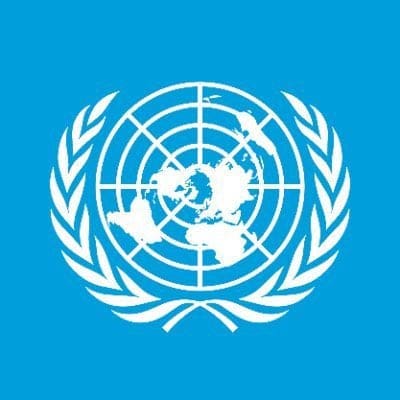The UN Emergency Relief Coordinator, Tom Fletcher, has released US$5 million from the Central Emergency Fund (CERF) for anticipatory action* for floods in Nigeria.
This was announced by the UN’s Humanitarian Coordinator in Nigeria, Mr. Mohamed Malick Fall, who highlighted the need to act ahead of predictable shocks based on strong risk analysis.
“Anticipating and acting ahead of crises such as floods saves lives. It also helps to protect peoples’ livelihoods which in turn reduces their vulnerability,” said Fall.
“In a global landscape characterised by reducing funds for humanitarian action, this proactive approach is critical as it does not only reduce the worst impacts of emergencies, but it also helps to reduce the overall cost of the humanitarian response.”
The $5 million CERF allocation complements Government-led efforts through the anticipatory action taskforce. The taskforce brings together key agencies including the Nigerian Meteorological Agency (NiMET), the Nigeria Hydrological Services Agency, and the National Emergency Management Agency under the stewardship of the Office of the Vice-President. This is in collaboration with the UN Office for the Coordination of Humanitarian Affairs (OCHA).
Globally OCHA, which manages the CERF and Country-Based Pooled Funds, CBPFs, such as the Nigerian Humanitarian Fund (NHF) is spearheading anticipatory action assisting millions of people by addressing hazards such as floods, droughts, storms and cholera.
In October 2024, CERF released $5 million to scale up the flood response and address critical needs in Borno and Bauchi states in north-east Nigeria, and Sokoto State in the north-west. The CERF funds complemented a $6 million allocation from the NHF (which included $2 million for anticipatory action released in tandem with the large-scale floods which displaced an estimated 400,000 people in Borno State. The floods decimated livelihoods and destroyed hundreds of thousands of hectares of cropland ahead of harvests).
According to NiMET’s 2025 Seasonal Climate Prediction forecast, the onset of the rainy season over northern states such as Bauchi, Borno, Jigawa, Kano, Katsina, Sokoto, Yobe and Zamfara, is anticipated between early June and July 2025.
This period coincides with the lean season (the period between harvests) when food insecurity and malnutrition levels rise alongside flooding and outbreaks of diseases such as cholera. Timely preparedness against these potential hazards is critical.
Nigeria’s 2025 Humanitarian Needs and Response Plan (HNRP) has outlined a risk-informed proactive approach dedicating 5 per cent ($45 million) of total requirements ($910 million) for anticipatory action. This CERF allocation represents only 11 per cent of the requirement for anticipatory action. More funding is urgently needed to scale up early action.
GIK/APA


